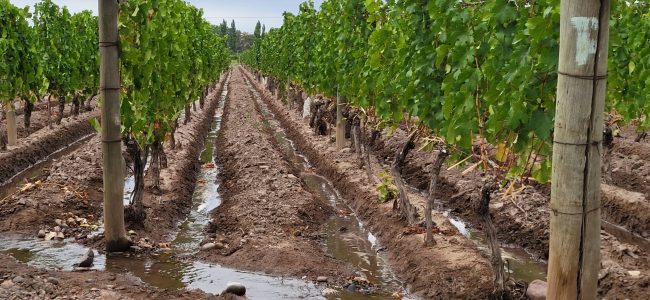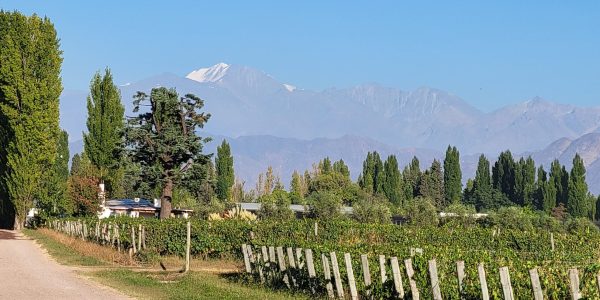Have you ever wondered if wine is truly natural? I mean, it comes from grapes, right? It’s not synthesized in a chemistry lab with a dash of this and a sprinkle of that. It’s a product of Mother Nature’s bountiful vineyards, brought to life through the magical process of fermentation. So, why is there this whole hullabaloo about “Natural Wine”? Let’s embark on a delightful journey to demystify this enigmatic elixir.
First things first, yes, wine is indeed natural. It’s a beverage born from the grape’s own essence, gracefully plucked from the vine, and transformed through the alchemy of fermentation. But hold on to your wine glasses; the term “Natural Wine” doesn’t merely reiterate this fact. It delves into a realm of winemaking wizardry that’s a tad more complex.
Natural wine, my friends, is like the wild child of the wine world. It’s produced with minimal interference, allowing the grapes and terroir to shine without the overbearing hand of human manipulation. Think organic or biodynamic farming practices, and minimal use of additives or fancy technological gizmos.
Picture this: natural winemakers let the grapes do their happy dance with the native yeast found on the grape skins. They shun additives like sulfur dioxide and turn a blind eye to fining or filtering the wine. The result? Some rather cloudy wines that ooze authenticity.
The underlying goal here is to create wines that whisper tales of the grape’s origin, the unique character of the terroir, and all those nuanced flavors that dance within. It’s about letting nature’s rhythm take center stage.
Now, let’s talk about “Minimum Intervention Wines.” These are the rebels of the wine world. They’re the ones who prefer the path less traveled, where winemaking is an art of restraint. These vintners use grapes cultivated through organic or biodynamic farming practices, but the magic happens in the winery.
Imagine this: native yeasts, the ones that hitchhiked their way from the vineyard on grape skins, lead the grand fermentation parade. There’s no reliance on designer yeasts or chemicals. Instead, different vessels, a dash of aeration, and a bit of temperature control gently guide the grape juice towards its destiny as wine.
The result? Wines that don’t hide behind masks. They’re as raw and honest as a heart-to-heart conversation. They’re a canvas painted with the vineyard’s soul and the vintage’s spirit.
So, when someone tells you about a fantastic natural wine to taste, brace yourself for a wild ride. It might be a bit untamed, with flavors that surprise and delight. Don’t be alarmed if it’s a touch cloudy or has a hint of effervescence – that’s just part of its charm. Cheers to enjoying the unexpected!
What sets organic wine apart from biodynamic wine?
Ah, the age-old question! Organic wine is crafted from grapes grown without synthetic pesticides, herbicides, or fertilizers. Biodynamic wine takes it up a notch. It’s like organic wine’s wise older sibling, following the same green principles but adding a dash of cosmic mystique. Biodynamic farming considers lunar cycles, cosmic rhythms, and the overall ecosystem’s well-being. It’s all about creating a harmonious, self-sustaining environment, often involving special rituals and preparations.
Is biodynamic wine always organic?
Yes, indeed! Biodynamic wine embraces the organic ethos. However, not all organic wines take the leap into biodynamics. Biodynamic farming includes everything organic farming does, and then some. It’s like a holistic, spiritual journey for grapes and vines, fostering a deep connection to the land, the heavens, and everything in between. So, while biodynamic wine is inherently organic, it’s a more comprehensive, otherworldly experience.


